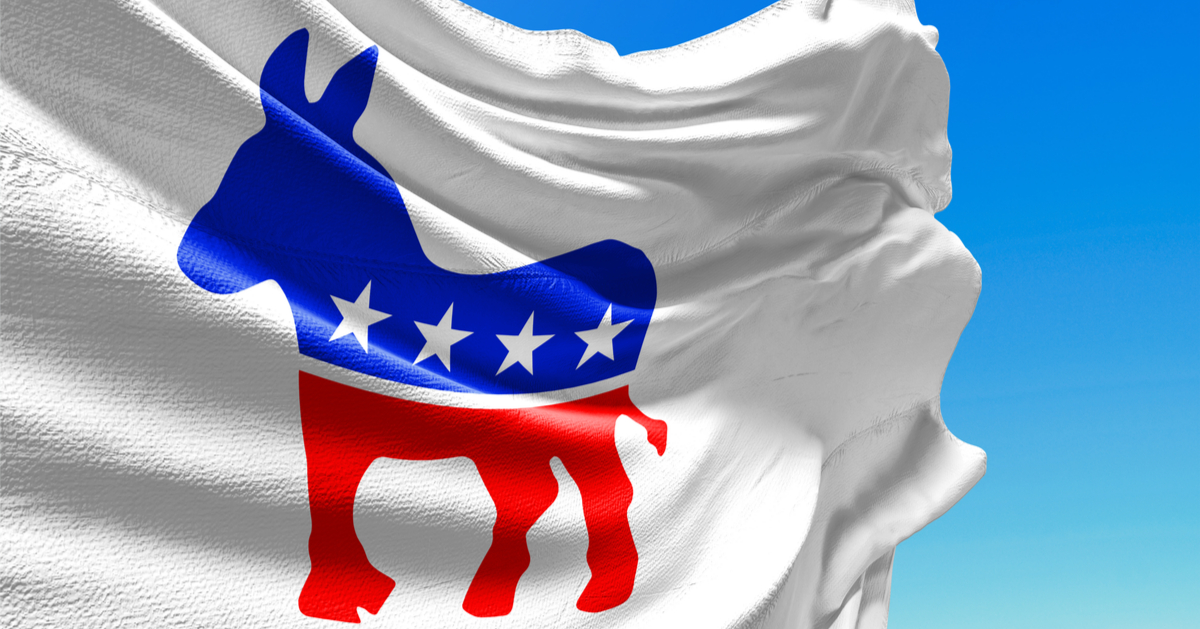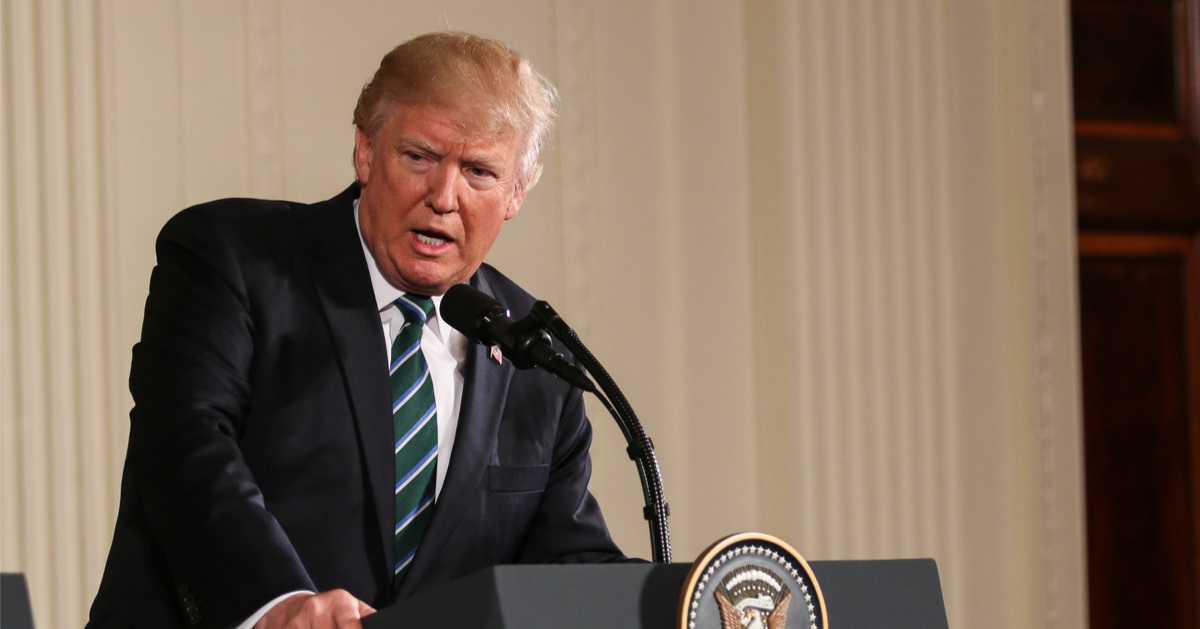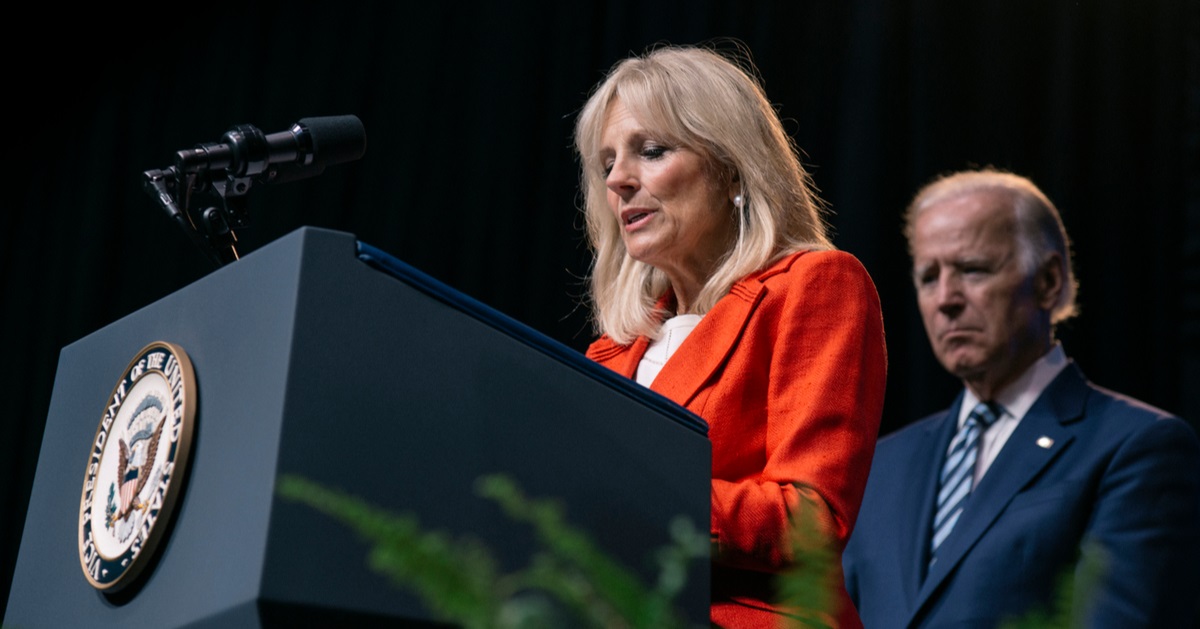Supreme Court weighs political prosecution claims
The Supreme Court heard the case Wednesday of a Texas woman who claims she was the target of a political arrest by her city government.
72-year-old Sylvia Gonzalez says she was prosecuted for accidentally misplacing a petition that she organized against the city manager while she was serving on the council for Castle Hills, Texas.
After a two-month investigation, Gonzalez was arrested for stealing government records and jailed for one day, before the charges were dropped.
Political retaliation?
Gonzalez sued the city for retaliation, but a panel of the Fifth Circuit Appeals Court dismissed her claim in a 2-1 ruling.
"The opportunity for public officials to weaponize the criminal justice system against their political adversaries has never been greater," Trump appointee James Ho wrote in a dissent.
The Supreme Court spent its time Wednesday debating the evidence that a plaintiff needs to overcome qualified immunity, which provides government officials with broad protection from civil liability.
In 2019, the Supreme Court held in Nieves v. Bartlett that probable cause generally defeats a retaliatory arrest claim, with a notable exception: if a plaintiff can show "objective evidence" that other individuals similarly situated were not arrested.
Several of the Supreme Court's justices sounded skeptical of the standard upheld by the Fifth Circuit, which understood Nieves to mean that a plaintiff must offer direct evidence that another person who engaged in the same conduct was not arrested.
Gonzalez argues that no one in her county has ever been charged for her "common and uneventful" conduct - misplacing a document - and that this is enough to draw an inference that she was targeted.
The Supreme Court's liberal justices agreed that Gonzalez should be able to cite the novelty of an arrest as evidence of retaliation. They were joined by conservative Neil Gorsuch, who emphasized the sheer number of seldom enforced laws that could be used to cook up a political prosecution.
“How many statutes are there on the books these days, many of which are hardly ever enforced?” he asked. “Last I read, there were over 300,000 federal crimes, counting statutes and regulations.”
“They can all sit there unused,” he added, “except for one person who alleges that I was the only person in America who’s ever been prosecuted for this because I dared express a view protected by the First Amendment.”
Conservatives push back
Other justices were more skeptical of Gonzalez's case. John Roberts, who wrote the majority opinion in Nieves, said its exception was meant to be "narrow," while Brett Kavanaugh shared doubts that Gonzalez's arrest was in fact unprecedented.
"If you intentionally stole a government document at a government proceeding — that's not nothing," he said.
The Fifth Circuit had similarly judged that Gonzalez was asking the court to assume "that because no one else has been prosecuted for similar conduct, her arrest must have been motivated by her speech."
Gonzalez's petition to the Supreme Court was supported by rights groups across the ideological spectrum, while police organizations sided with the city.
The lawyer for the city, Lisa Blatt, warned the Supreme Court that accepting Gonzalez's "gamesmanship" would open the floodgates for defendants to make frivolous claims of retaliation.
"Those arrested for domestic violence will claim the victim just slipped, those arrested for threats will claim they were just joking, and those arrested for embezzlement will claim they just accidentally misplaced the funds," Blatt said.






